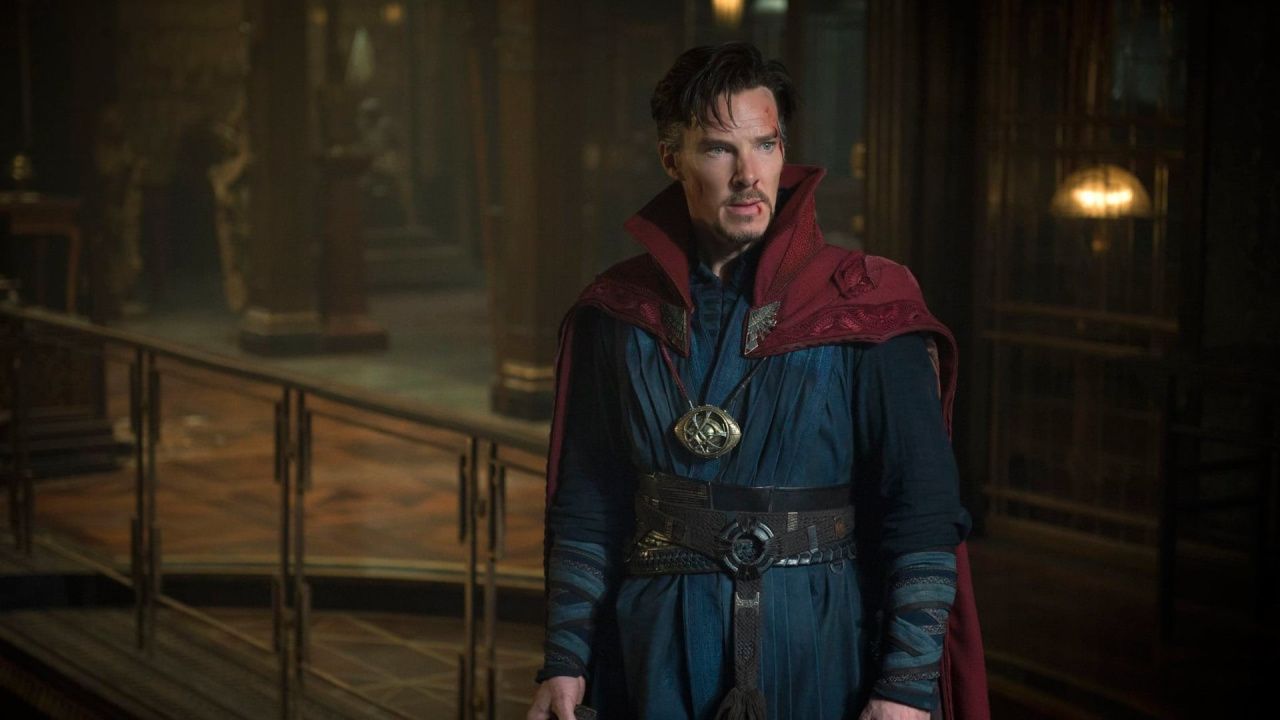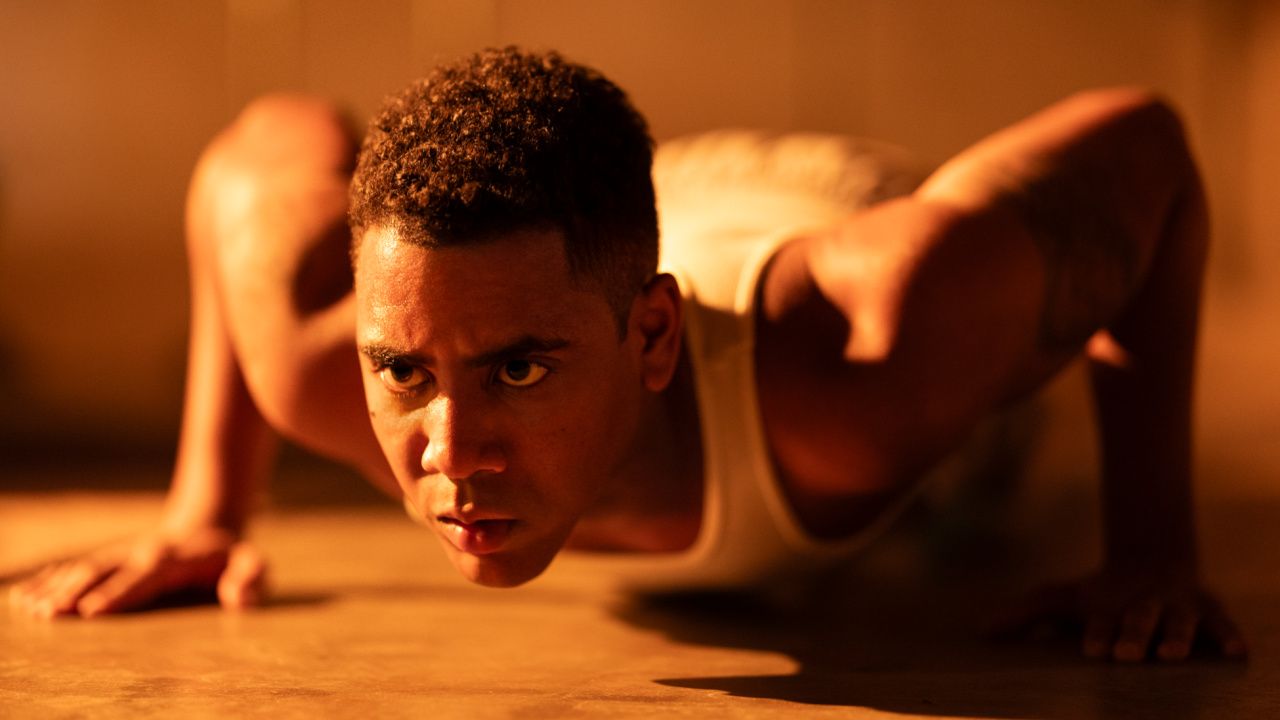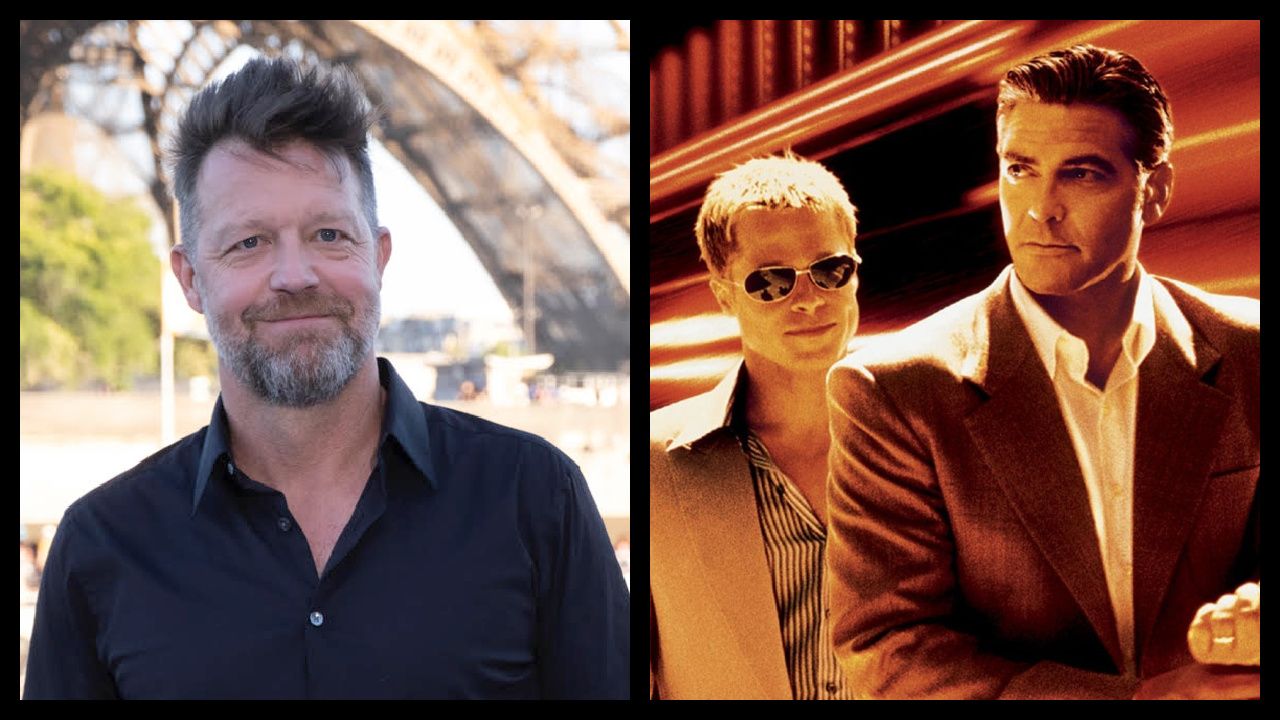Camgirl Struggles to Find Herself in Shaky Debut

Rebecca, the listless protagonist of Katarina Zhu’s feature debut Bunnylovr, wears loneliness like an oversized coat. It fits a bit awkwardly and seems heavy. When you see Rebecca, or Becca as her friends call her (played by Zhu), walking through New York City’s Chinatown and the Lower East Side, as she so often does in Zhu’s film, you can tell it weighs on her.
Her clients can see it, too. Becca is a camgirl and each evening after clocking out of her day job as an assistant, she performs for strangers online. At the start of the film, a regular in her chat room asks her for her address. He wants to send her a gift, something to make her less lonely. A few days later, when Becca opens her present, she sees that it’s a soft, white bunny.
Bunnylovr
The Bottom Line
Too diffuse to leave a lasting impression.
Venue: Sundance Film Festival (U.S. Dramatic Competition)
Cast: Katarina Zhu, Rachel Sennott, Austin Amelio, Perry Yung, Jack Kilmer
Director-screenwriter: Katarina Zhu
1 hour 26 minutes
Premiering at Sundance, Bunnylovr observes Becca as she navigates an increasingly stressful relationship with her regular client (Jack Kilmer) and re-establishes contact with her father (Perry Yung) in the wake of his terminal illness diagnosis. The interactions with these men are haunted by those with another: Becca and her boyfriend John (Austin Amelio) recently broke up and now exist in that not-quite-ready-to-quit space of all recently abandoned relationships. Meanwhile, Becca struggles to both open up to and be present for her friend Bella (Rachel Sennott), a painter preparing for an upcoming exhibition.
Bunnylovr‘s strengths are in its engaging character study of a languid young woman who came of age online. It’s not a novel portrait, but Zhu makes it wholly her own. We watch Becca, a Chinese-American woman, float from one interaction to the next, eliding the intimacy of being present. She seems like a ghost in her own life, and that level of remove puts her in the same company as many a protagonist of contemporary auto-fiction. But online Becca is different, more free and flirtatious. A little playful, too. The attention from anonymized identities in her chat room sustains her in ways reality can’t.
Zhu skillfully captures a malaise specific to chronically online younger millennials and older members of Gen Z. As an actress, she underscores Becca’s constant anxiety through subtle physical cues; as a director, she pays special attention to how the young woman looks at others. There’s an identifiable and relatable longing in Becca’s gaze, a visible tension between a desire to risk connection and a need to maintain safety.
It’s a shame, then, that Bunnylovr falters on a narrative level. Zhu presents Becca’s life as a series of vignettes, which charm as discrete chapters but frustrate when considered together. As a whole, they offer only a blinkered view of a character whose melancholic struggles suggest much more.
After Becca receives the rabbit from her client, whose name she later learns is Carter, her life takes on an unprecedented intensity. Carter demands increasingly more time from Becca, who concedes because he pays her $500 for each private chat and she needs the money. During their video sessions, he asks her to play with the bunny because, in his words, he enjoys watching her take care of the fragile creature.
At first, Becca, still reeling from no contact with her ex-boyfriend, enjoys these conversations, which flirt with a scintillating danger. But they are also weighted with foreboding, especially as Carter asks her to perform stranger acts. Zhu, working with cinematographer Daisy Zhou, stages these scenes with hints of horror; the intimate vantage points are particularly ominous against Eli Keszler’s haunting score.
As Becca negotiates boundaries with Carter, she also reconnects with her dad, William. They run into each other on the street one random day when Becca is running late to work. Credit must be given to Zhu for how she captures the bustle of the Lower East Side and Chinatown. The director takes advantage of New York’s crowds, using them to amplify Becca’s loneliness by not foregrounding the character within a sea of people; she lets her get lost. When William asks Becca if he can buy her coffee, she accepts, and the two reminisce about their days running a card game scam. They briefly resume the racket, and these vignettes articulate perhaps long-buried parts of Zhu, slivers of a self that at one time felt more connected to others. There’s a muted tenderness and familiar disappointment to the father-daughter bond that made me wish for a few more moments with them.
One relationship that on the surface doesn’t seem difficult is Becca’s relationship with her best friend Bella, and yet here Becca struggles, too. Zhu includes scenes of the two hanging out — mostly of Bella painting Becca for a portrait — but it’s hard to see why these pals remain in touch. More information here would have been helpful, especially because the crucial role the friendship assumes in the film’s third act doesn’t feel completely earned.
As Bunnylovr glides from one episode to the next, Zhu’s story remains mostly fragmented. Some of the threads never quite deliver on the drama of their atmosphere and others are so compelling they deserved more focus. Although part of Bunnylovr’s abstraction can be attributed to Becca’s own fractured experience of life, most of this delicate film’s unsteadiness stems from being a touch too diffuse.
Read the original article here






